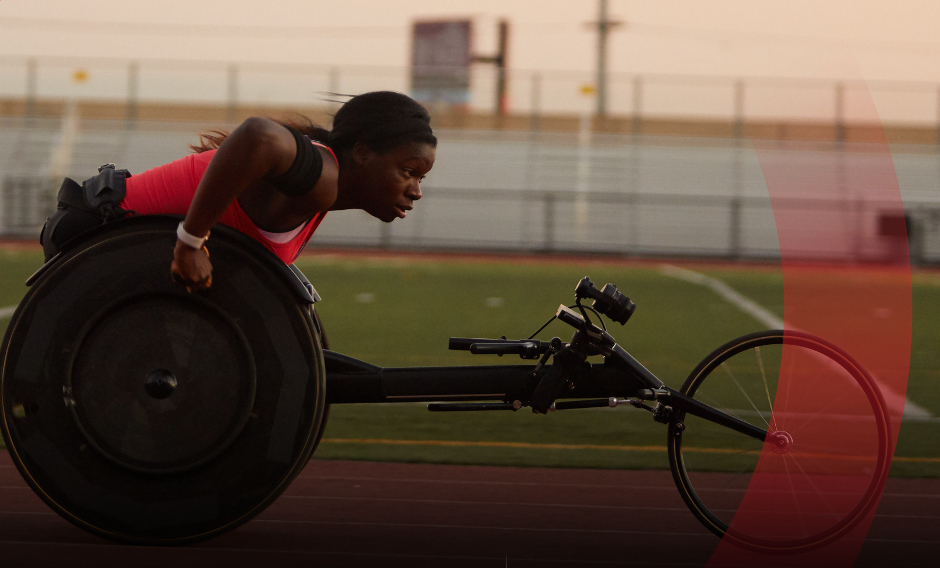Launched by the Toyota Mobility Foundation in partnership with Nesta’s Challenge Prize Centre, the competition is looking for teams around the world to create user-centred technologies that will ‘radically improve’ mobility for people with lower-limb paralysis.
The organisers say the Mobility Unlimited Challenge will reward the development of personal mobility devices that incorporate intelligent systems and that future mobility solutions could be derived from exoskeletons, artificial intelligence and machine learning, cloud computing and batteries.
The most common causes of lower-limb paralysis are strokes, spinal cord injury and multiple sclerosis. While there are no statistics on paralysis worldwide, the World Health Organisation estimates there are 250,000-500,000 new cases of spinal cord injury globally every year.
Innovation in “smarter” mobility technology has the potential to create personal devices that are better integrated with the user’s body and the environment, but the application of this technology is slow due to disincentives. These include small and fragmented markets, regulatory burdens, and reimbursement complexities from healthcare systems and insurers.
This can make the field unattractive to small or new entrants, and prevent solutions by existing innovators from getting to market.

“This is the beginning of our challenge, a three-year journey concluding in Tokyo in 2020,” said Ryan Klem, director of programs for the Toyota Mobility Foundation. “A journey where the greatest minds in technology, design and engineering, from every corner of the world, will compete to make the environment and society more accessible for people with lower-limb paralysis. We know we don’t have solutions yet: this Challenge is about working with the people who can help develop them.”
A panel of judges will pick five finalists who will each receive $500,000 to take their concepts from concept to prototype. The Challenge winner will receive $1,000,000 to help get their product to market.
The Mobility Unlimited Challenge aims also to attract and support smaller innovators who might otherwise struggle to break into the assistive technology market. The Discovery Awards will provide seed funding of $50,000 for 10 groups with promising concepts, but who might otherwise lack the resources to enter the Challenge.
The Deadline for Challenger entries is August 15, 2018 whilst the deadline for Discovery Awards falls in February 7, 2018.




Nanogenerator consumes CO2 to generate electricity
Nice to see my my views being backed up by no less a figure than Sabine Hossenfelder https://youtu.be/QoJzs4fA4fo